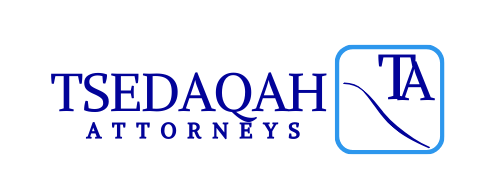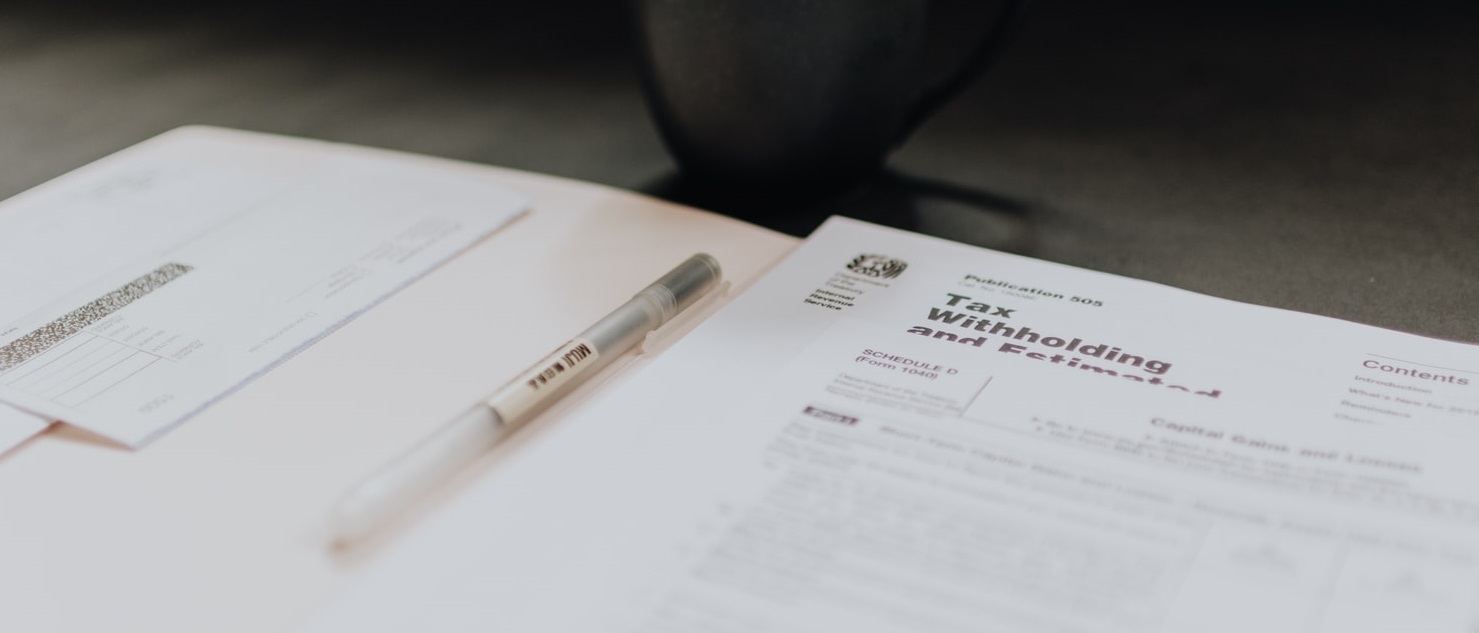Why do we pay Taxes?
In the smallest of nutshells, taxes are paid because the state or federal governments implement tax laws. Taxpayers’ money pays for government services of all kinds.
Although taxes are considered as a legal requirement, paying taxes is also considered a civic duty. If you neglect to pay, the mediating body that oversees taxes (the Federal Inland Revenue Service) will require that you do so, otherwise, you might face penalties such as large fines or jail time.
Some principal Taxes in Nigeria
- Companies Income Tax
- Value Added Tax
- Capital Gains Act
- Personal Income Tax
- Education Tax
- Petroleum Profit Tax
Principal Tax laws for Individuals and businesses in Nigeria
COMPANIES INCOME TAX ACT
- This Act provides for the imposition of tax on companies, and that tax shall be payable, for each year of assessment, at specified rates on the profits of any company, accruing in, derived from, brought into or received in Nigeria.
- Companies Income Tax is chargeable at a rate of 30% of a company’s profits.
- Newly registered companies have up to 18 months after registration, or no later than six months after the end of the first accounting period, whichever is earlier, to file tax returns.
CAPITAL GAINS TAX ACT
- The Capital Gains Tax Act regulates capital gains tax in Nigeria. Capital gains tax is payable on gains that accrue to any person on a disposal of assets for the year of assessment.
- The tax is chargeable on all forms of property whether or not it is situate in Nigeria.
- It is, however, useful to state that capital gains tax will be charged on assets situated outside Nigeria if any amount thereof is received or brought into Nigeria.
- The rate of capital gains tax is 10%. Capital gains tax is not chargeable on gains arising from the acquisition of the shares of a company that is either taken over, absorbed or merged.
EXEMPTED COMPANIES
- Ecclesiastical, charitable or educational institutions of a public character;
- Any statutory or registered friendly society;
- Any cooperative society under the cooperative societies law of any state;
- Any trade union registered under the Trade Unions Act; and
- Local government councils.
VALUE ADDED TAX
- This Act requires companies to pay taxes on goods and services which are consumed by individuals, corporate organisations and others.
- Value-added tax is charged at a rate of 5% on the value of all goods and services except for certain excepted goods and services, as well as “zero-rated” goods, the latter having been listed in the Act as non-oil exports, goods and services purchased by diplomats, and goods purchased for Nigeria in humanitarian projects.





